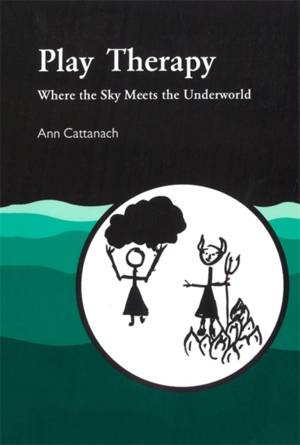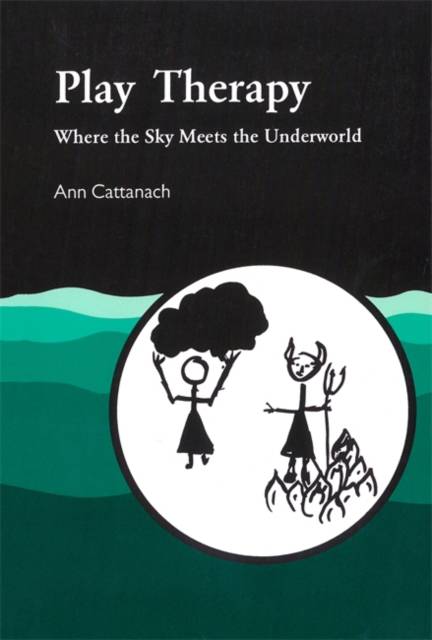
- Retrait gratuit dans votre magasin Club
- 7.000.000 titres dans notre catalogue
- Payer en toute sécurité
- Toujours un magasin près de chez vous
- Retrait gratuit dans votre magasin Club
- 7.000.000 titres dans notre catalogue
- Payer en toute sécurité
- Toujours un magasin près de chez vous
51,45 €
+ 102 points
Description
Play is one of the most creative opportunities open to a child, and is becoming of increasing interest to therapists and others in the caring professions. This book examines how children develop skills in play as a way of being creative, and how they can use play as a therapeutic process by mirroring their own life experiences in their games.
Ann Cattanach outlines the theoretical basis and provides guidelines for work in this area. She examines the role of the therapist, and the different methods involved in therapy, such as creative free play and task-based play. Also covered is the use of play therapy in different work settings, such as the education service, the social services, and hospitals. She discusses the needs of the therapist, including the importance of supervision. The book contains case studies and ideas for working with emotionally disturbed children, abused children, and children facing death. Also included are notes and stories for the refreshment of the therapist.Spécifications
Parties prenantes
- Auteur(s) :
- Editeur:
Contenu
- Nombre de pages :
- 176
- Langue:
- Anglais
Caractéristiques
- EAN:
- 9781853022111
- Date de parution :
- 05-09-00
- Format:
- Livre broché
- Format numérique:
- Trade paperback (VS)
- Dimensions :
- 165 mm x 230 mm
- Poids :
- 281 g







